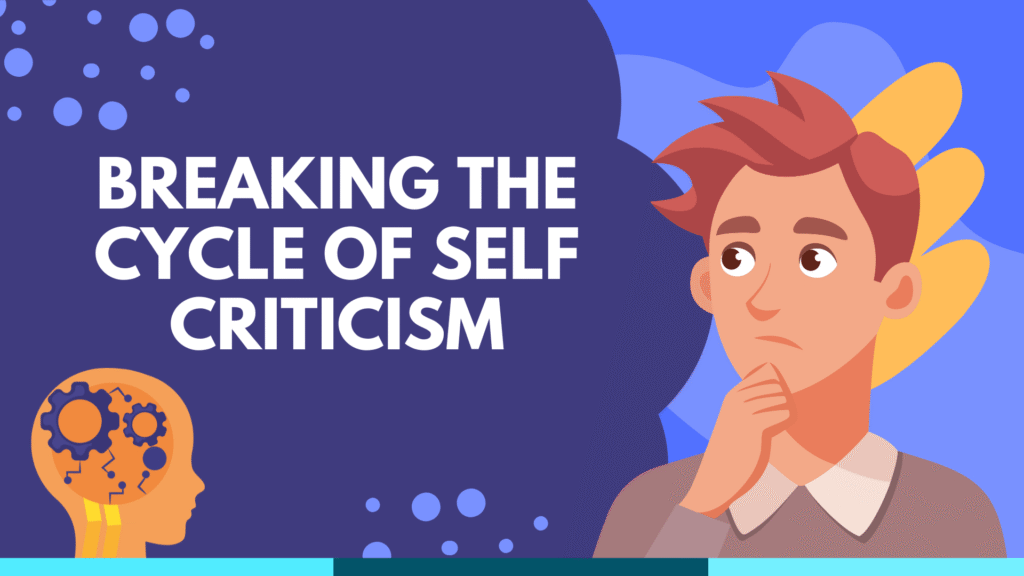We all have a inner voice in our head that gives us a commentary on our actions, choices, and performances. This voice guides us and encourages us to strive to become better versions of ourselves. However this inner voice could also sometimes be our worst enemy; it could cause us to judge ourselves harshly, focus on our flaws and constantly feel as though we are not good enough. This is known as self-criticism.
For most people this voice is a critic rather than a helpful guide. Thus it is important to understand the root causes of self-criticism and build self-compassion. If you find yourself trapped in this cycle of self-criticism, you’re not alone—and the good news is, you can break free.  Why Being Kind to Yourself Feels So Hard?
Why Being Kind to Yourself Feels So Hard?
“Be kind to yourself” we hear this phrase all the time; if only it were that easy then we wouldn’t have to make an article about it. We are not born with a bully in our heads it is simply made along the experiences we endure .Self-criticism often begins early. Maybe you learned it from caregivers who were quick to point out flaws, or perhaps you internalized societal messages about success, beauty, or productivity. Over time, self-criticism can start to feel like a survival strategy and cause anxiety, shame, and even burnout.
When we constantly tell ourselves we’re not good enough, it becomes harder to try new things, take risks, or even enjoy the good moments. Thus, it is really important to find what triggers your negative voice and to break the cycle. HOW DO WE BREAK THE CYLCLE?
HOW DO WE BREAK THE CYLCLE?
- listen to the inner voice
Awareness is the first step to breaking the cycle. Pay attention to your inner dialogue. What kind of words do you use when you mess up? How do you talk to yourself when you’re struggling?
Would you speak that way to a friend? If not, that’s a clue.
- Call out the critic
Personify your inner critic. Point out exactly what your inner self is complaining about. Give it a name or a character. This creates some emotional distance and helps you recognize that the voice isn’t you—it’s just a pattern you’ve learned.
- Replace criticism with compassion
Once you point out the critic then you replace it with compassion. Self-compassion isn’t about ignoring flaws—it’s about responding to them with kindness and care.
Practice phrases like:
- “I’m doing the best I can right now.”
- “It’s okay to be human.”
- “Mistakes help me grow.”
- Comparison kills joy
Social media, competitive environments, and cultural pressures make it easy to feel “behind.” Remember: everyone’s journey looks different, and most people are hiding their struggles. Stay in your lane.
- Ask for support
Talking to a therapist or counselor or even a friend can help you uncover the roots of your self-critical tendencies and develop healthier inner dialogue. You don’t have to do it alone.  Change Your Words, Change Your Worth?
Change Your Words, Change Your Worth?
Breaking the cycle of self-criticism isn’t about becoming overly confident or blind to your mistakes. It’s about shifting from a place of harsh judgment to one of compassion, growth, and understanding.
It is also really important to realize that Self-love is a journey to be made and not a destination to be reached. You are allowed to be a work in progress and still be worthy of kindness—especially from yourself.
Written By: –

Rtr. Devindi Rashmitha
(Prospect Member 2024-25)
Edited By: –

Rtr. Thisara Kuruppuarachchi
(Senior Blog Team Member 2024-25)




